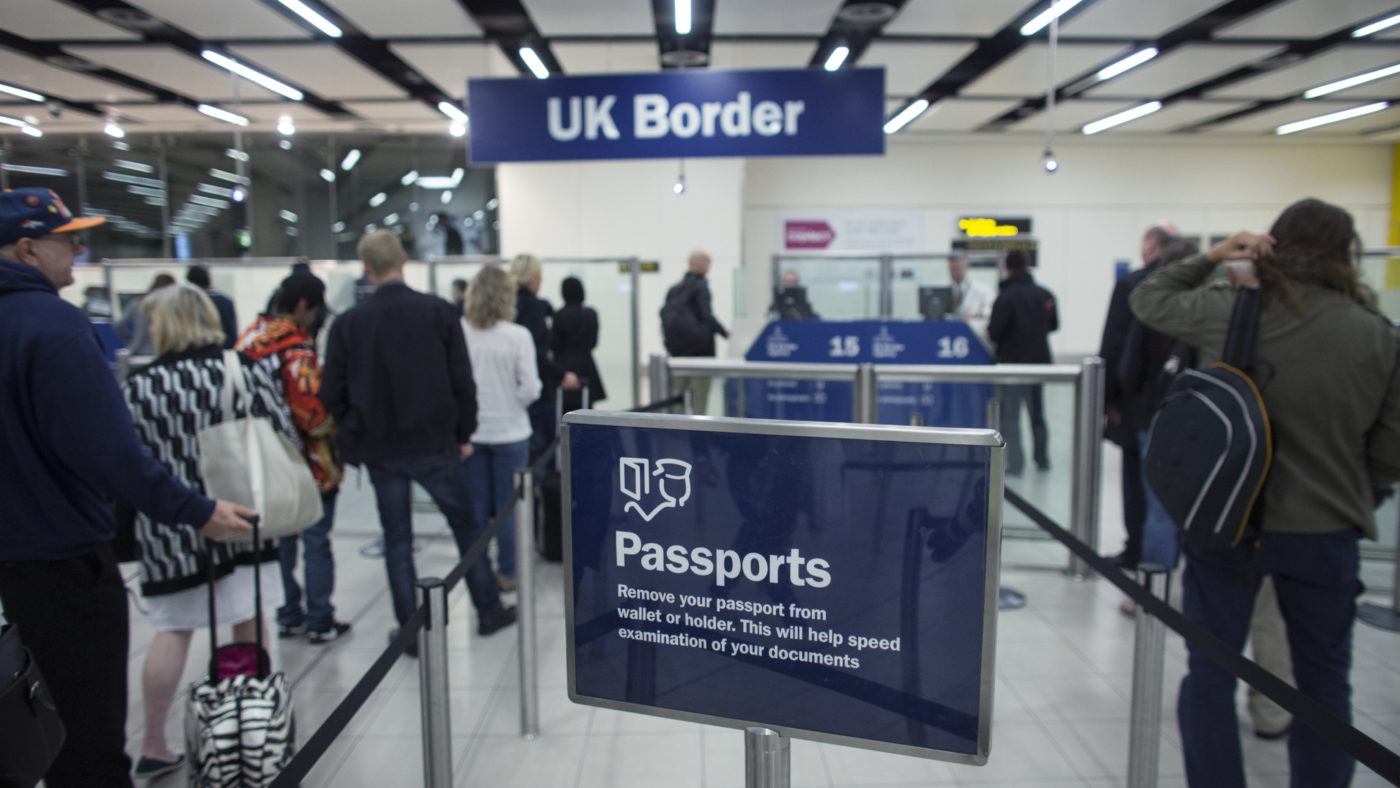As of April 2017, firms wanting to bring in staff from outside the EU will have to pay £1,000 per migrant, per year — the “immigration skills charge”.
I’ll repeat that: £1,000 per migrant, per year.
This extraordinary measure was introduced by the Cameron administration in the Immigration Act 2016, sponsored by one T. May, then of the Home Office. This was part of the Cameron administration’s desperate efforts to be seen to make progress on its absurd and undeliverable pledge to reduce immigration to the tens of thousands.
The new charge applies to any worker not exempt. The Immigration Act 2016 defines a number of exemptions, specifically:
“An individual is exempt for the purposes of this section if he or she is
(a) a British citizen;
(b) a national of an EEA State other than the United Kingdom;
(c) a national of Switzerland;
(d) otherwise entitled to enter or remain in the United Kingdom by virtue of an enforceable EU right or of any provision made under section 2(2) of the European Communities Act 1972.”
There was a bit of brouhaha yesterday when Immigration Minister Robert Goodwill, giving evidence to a House of Lords committee, suggested that this same charge might apply to EU workers post-Brexit.
This was widely reported as Goodwill’s making a proposal. But as things stand, there wouldn’t need to be any proposal as such. When we leave the EU and EEA, these EU and EEA exemptions will lapse automatically, and the charge will apply. We’d need a “proposal” for a policy for that not to happen.
A lot of folk suddenly seem pretty scandalised. The prominent MEP Guy Verhofstadt got more than 1,000 retweets stating “Imagine, just for a moment, what the UK headlines would be, if the EU proposed this for UK nationals? Shocking.”
Well, I want to say: “Imagine, just for a moment, what the headlines ought to be if the UK proposed this for Australian or US nationals?” Because they did!
When we leave the EU, we oughtn’t to be charging firms an annual levy for using EU workers – but for the same reasons we oughtn’t to be charging firms an annual levy for using workers from Canada or New Zealand.
But as matters stand, we are planning to charge such a levy on workers from non-EU countries and it’s most unclear why, as a default, we should assume that the situation for EU workers has to be different.
All this is a reflection of the fact that the immigration debate in this country has become absurd.
Most of Britain would benefit from more immigration, not less. Scotland’s population has barely increased for a century, and Northern Ireland’s for more than 150 years. Even within England, population densities in Northumberland or Cornwall are very low.
There should be no problem with immigration if we can insist that immigrants live and work in the low-population-density parts of the country. That was not possible while we were members of the EU. But once we are outside, it will be.
Yes, we should be controlling immigration. But that does not have to mean taking it to very low levels. It might mean that in years when it goes extremely high, we impose a cap — no more in this year, thanks. It might mean that we direct immigration to certain parts of the country. It might mean that we decide we’d like a higher proportion of immigrants to have certain skills or education levels. It might even mean that we decide we’d like higher proportions from certain countries, or from certain cultural backgrounds that make integration easier.
All these matters will now be up to us. But “control” and “not many folk coming in” are not remotely the same idea.
The notion that Britain wants to severely curtail immigration from Western Europe is just ridiculous. It’s ridiculous whether it’s applied to retirees, students, unskilled workers or skilled workers. Who, in all honesty, wants to stop French or Italian or German or Dutch or Swedish or Portuguese folk from coming to Britain?
So what we should do in respect of immigration from at least the western parts of the EU is the following.
We should say: we’re going to set a number for each year. Call it X. Each year, the first X people to come to the UK who have passports from Western European countries can get in, no questions asked, and stay as long as they like, provided they can support themselves.
After that, it’s not that you’re forbidden, but you may have to fill in a form — perhaps you’ll have to show that you already have a job offer.
By setting that X, we set the principle that we control who comes in, and if we think there are too many in total or too many in any one year, we can curtail it a bit.
We obviously don’t want borders open to the whole world. But it’s only daft and baseless hang-ups about being accused of racism that prevent us from applying common sense and treating immigrants from Australia or the US differently from those from Chile or Somalia or China.
And we should certainly not be charging firms an annual fee for bringing in skilled workers, regardless of what country they’re from.
One of the virtues of leaving the EU should be a transformation in our immigration debate. Because our politicians can implement their promises, they will be able to make different promises to us, and in particular they can ditch the hang-ups and apply more common sense.
It would be good if that could start now.


